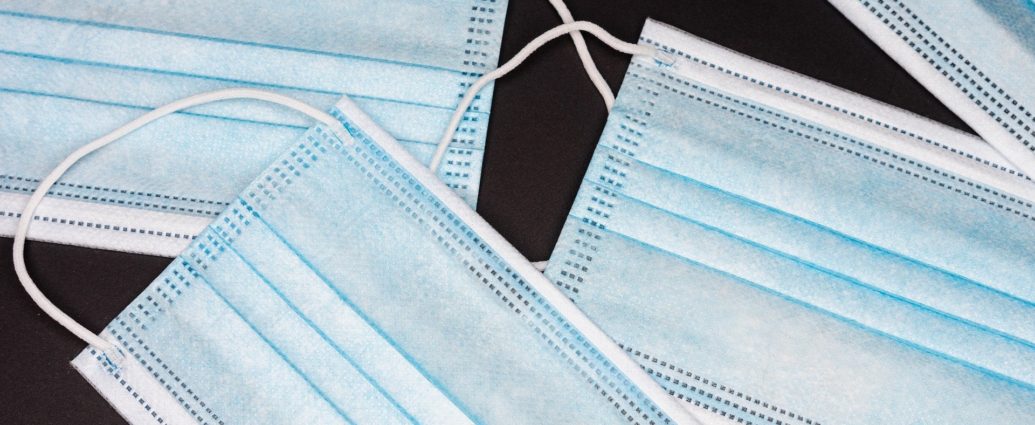From providing reassurance and safety, to being described as a hindrance on personal liberties. Whichever way you look at it, face coverings have now become the global norm.
Ever since they became mandatory in shops and supermarkets in England, the response has been polarising. Many people support this regulation due to their scientifically proven effectiveness in preventing the spread of infection. One study even estimated that face masks reduce the daily growth rate of reported infections by around 40%.
Sadly, many people remain skeptical despite the abundant research.
Masks as an attack on our freedoms?
Aside from the group I see on my commute to the city centre, frequently parading down the carriages mask-free without a care in the world for anyone else, there are some that take things further and are actively against masks.When news spread of the 100 people gathered in Hyde Park to launch an ‘anti-mask’ protest condemning this regulation as ‘liberty sapping’, it felt like one big leap into the J K Rowling domain of fabricating scientific theories. Take for example this quote from one of the demonstrators; “these masks will not let you breathe oxygen.” Unsurprisingly this is completely false. Pulmonologist David G. Hill, M.D directly refutes this. He told Reuters: “The masks are designed to be breathed through and there is no evidence that low oxygen levels occur.” Not to self: do your research before throwing those masks away and disrespecting the thousands of people who have tested positive.
It’s very difficult not to develop a certain animosity towards these people painting masks as a violation of civil rights when the number of critically ill patients continues to rise.
Masks as Self-Esteem Boosters?
“The fact that such extensive bullying has caused crippling insecurities is heart-breaking.”
Yet, to restore some faith in humanity, Christina Wyman actually thinks the opposite. In a recent personal piece for The Independent Christina said she is not only 100% in favour of wearing a mask, she enjoys wearing masks for the personal freedom it gives her. In a very raw personal account of her own struggles in living with jaw deformities, she discusses how masks have alleviated her of a lot of the anxieties she had about how others viewed her. She states, “when wearing one in public, I thoroughly enjoy the freedom of not wondering what other people are thinking… I felt more confident than if I’d applied make-up.” Hearing how empowered and more confident she was wearing masks definitely was uplifting to read but something didn’t sit quite right with me either.
The fact that such extensive bullying has caused crippling insecurities is heart-breaking. Then to hear how concealing her face comforts her in helping to avoid insults or unpleasant looks worries me. I found it very easy to empathise with her to some extent. Every so often the dreaded hormonal puffy red spot appears just at the most convenient times; often when I have an in-person meeting or decide to meet up for a day out with some friends. When they suddenly emerge on the day I harness my inner extroverted self, self-conscious thinking kicks in. How visible is it? How many layers of concealer am I going to need? Now however, those compulsory opaque masks can be my fashion back up plan. Thank heaven for small mercies indeed!
Yet once the pandemic is over and people begin tossing those face-masks up in the air like graduation hats, there will be no back up plan. When a spot blooms, I’ll just have to grin and bear it. However, for others with more deeply rooted insecurities and confidence issues, will this have a negative long-lasting effect? Despite their soothing qualities will we soon consider them as comfort blankets we’re reluctant to part with? Only time will tell.
Katie Heyes
Featured image courtesy of Markus Winkler from Pixabay. Image license found here. No changes were made to this image.

